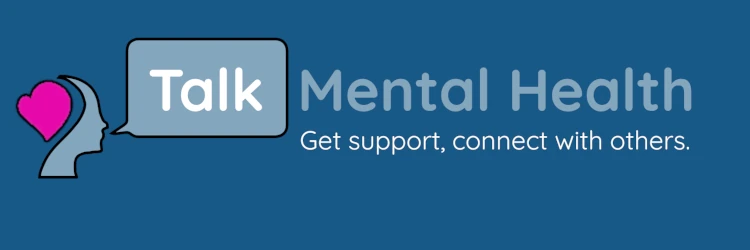Robinhood, the stock trading app at the center of the bizarre GameStop saga, has long been controversial. Even before the fee-free service was recently elevated to headlines, Robinhood had been accused of downplaying the risks of stock trading, essentially presenting complex financial instruments like a game in its effort to draw in young people and new investors.
That strategy has had tragic outcomes. In June 2020, a college student named Alexander Kearns killed himself after seeing a negative balance of more than $700,000 in his Robinhood account, though some of his trades were incomplete. In a suicide note, Kearns named Robinhood, asking how it allowed him to take on so much risk.
"How was a 20 year old with no income able to get assigned almost a million dollars worth of leverage?" the note read. "There was no intention to take this much risk."
It's easy to see how novice traders like Kearns get sucked into Robinhood, which uses Silicon Valley growth-hack tactics to command user attention. The service encourages transactions by showering digital confetti when trades are made. New members are given a free stock when they sign up. Pair the dopamine rush of a game with the herd mentality of social media -- a Reddit forum called r/WallStreetBets has served as the virtual water cooler for whipping up recent activity -- and it becomes apparent how a swarm of traders could push shares of an ailing video game retailer more than 800% higher than they were two weeks ago.
Coye Cheshire, a professor at the UC Berkeley School of Information, says no one knows how the situation on the stock market -- which has now swept up shares of AMC, Koss and others -- will play out. But if major hedge funds, which were the target of the r/WallStreetBets mob, can get wiped out, so can a lot of regular people.
"The app makes [trading] seem fun and easy, but the market is really complicated," Cheshire said. "That can be dangerous."
Source: https://www.cnet.com/news/critics-s...ck-trading-that-didnt-deter-the-gamestop-mob/
That strategy has had tragic outcomes. In June 2020, a college student named Alexander Kearns killed himself after seeing a negative balance of more than $700,000 in his Robinhood account, though some of his trades were incomplete. In a suicide note, Kearns named Robinhood, asking how it allowed him to take on so much risk.
"How was a 20 year old with no income able to get assigned almost a million dollars worth of leverage?" the note read. "There was no intention to take this much risk."
It's easy to see how novice traders like Kearns get sucked into Robinhood, which uses Silicon Valley growth-hack tactics to command user attention. The service encourages transactions by showering digital confetti when trades are made. New members are given a free stock when they sign up. Pair the dopamine rush of a game with the herd mentality of social media -- a Reddit forum called r/WallStreetBets has served as the virtual water cooler for whipping up recent activity -- and it becomes apparent how a swarm of traders could push shares of an ailing video game retailer more than 800% higher than they were two weeks ago.
Coye Cheshire, a professor at the UC Berkeley School of Information, says no one knows how the situation on the stock market -- which has now swept up shares of AMC, Koss and others -- will play out. But if major hedge funds, which were the target of the r/WallStreetBets mob, can get wiped out, so can a lot of regular people.
"The app makes [trading] seem fun and easy, but the market is really complicated," Cheshire said. "That can be dangerous."
Source: https://www.cnet.com/news/critics-s...ck-trading-that-didnt-deter-the-gamestop-mob/


